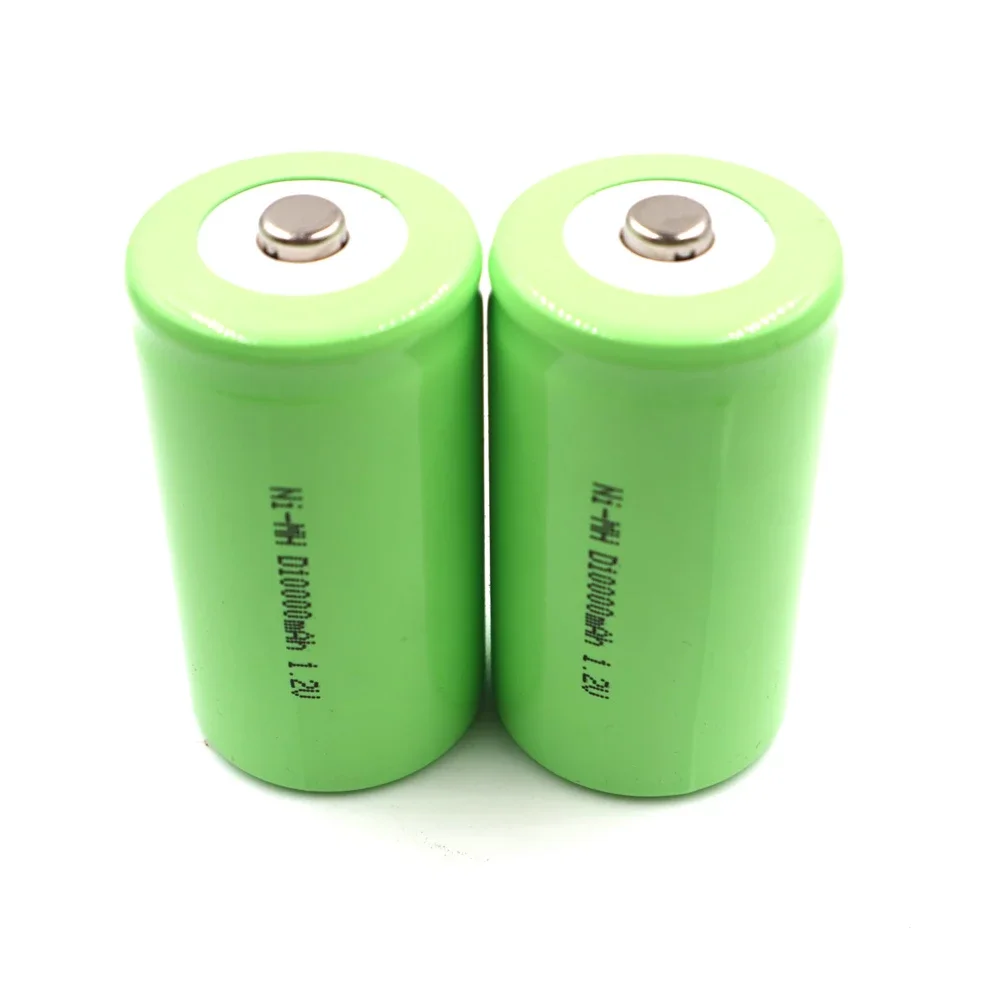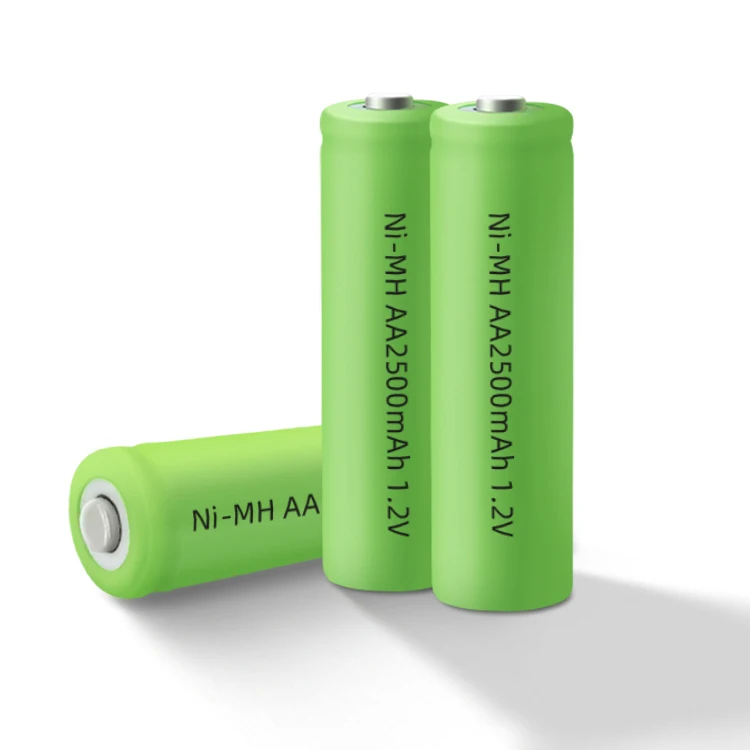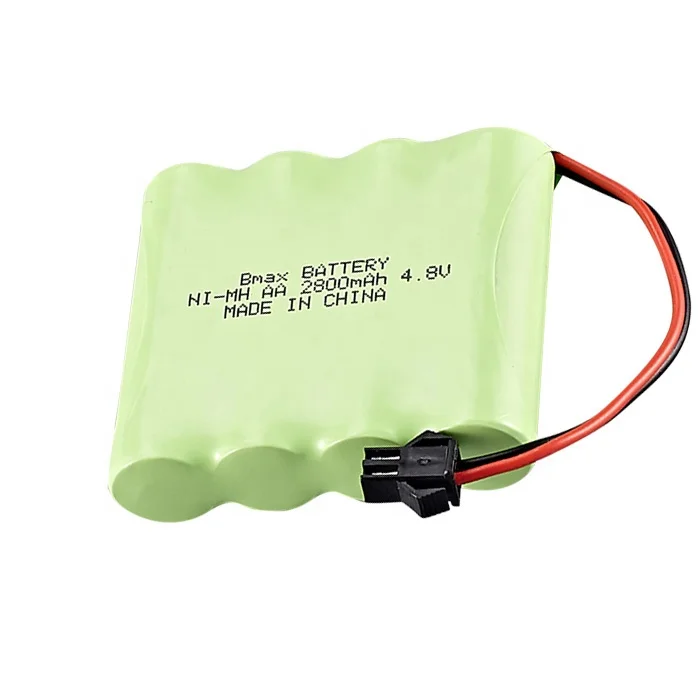In the world of rechargeable batteries, Nickel Metal Hydride (NiMH) batteries have emerged as popular choices for various applications. From powering portable electronics to electric vehicles, NiMH batteries offer several advantages as well as some limitations. In this comprehensive guide, we’ll delve into the advantages and disadvantages of NiMH batteries, helping you make informed decisions about their usage.
Before we explore the advantages and disadvantages, let’s have a brief overview of NiMH batteries:
Composition: NiMH batteries consist of nickel oxyhydroxide (NiOOH) as the positive electrode, a hydrogen-absorbing alloy as the negative electrode, and an alkaline electrolyte.
Rechargeability: NiMH batteries are rechargeable, meaning they can be charged and discharged multiple times, making them a cost-effective and environmentally friendly choice.
Applications: NiMH batteries find applications in various devices, including portable electronics (such as digital cameras and cordless phones), power tools, hybrid vehicles, and more.
- Higher Energy Density: NiMH batteries offer a higher energy density compared to other rechargeable battery chemistries like Nickel-Cadmium (NiCd), making them capable of storing more energy in the same volume.
- No Memory Effect: Unlike NiCd batteries, NiMH batteries do not suffer from memory effect. This means they can be recharged at any time without needing to be fully discharged first, providing greater flexibility and convenience.
- Environmentally Friendly: NiMH batteries are considered more environmentally friendly than some other battery chemistries, such as lead-acid or NiCd batteries, as they do not contain toxic metals like cadmium.
- Cost-Effective: While initial costs may be higher than disposable batteries, the ability to recharge NiMH batteries multiple times can result in long-term cost savings, especially for high-drain devices.
- Wide Temperature Range: NiMH batteries perform well over a wide temperature range, making them suitable for use in both indoor and outdoor environments.
- Compatibility: NiMH batteries are compatible with many devices that use disposable batteries, offering a convenient and eco-friendly alternative.
Disadvantages of NiMH Batteries
- Self-Discharge Rate: NiMH batteries have a higher self-discharge rate compared to some other battery types. This means they can lose their charge over time, even when not in use, which can be a drawback for devices with infrequent use.
- Limited Shelf Life: While NiMH batteries can be recharged many times, they still have a limited lifespan. Over time and repeated charging cycles, the capacity of NiMH batteries may decrease, eventually requiring replacement.
- Voltage Drop: NiMH batteries have a relatively high internal resistance, which can result in a voltage drop as the battery discharges. This can lead to reduced performance in high-drain devices or devices that require a consistent voltage.
- Charging Time: NiMH batteries typically take longer to charge compared to other battery types, such as Lithium-ion batteries. This can be inconvenient, especially when quick charging is desired.
- Sensitive to Overcharging: Overcharging NiMH batteries can lead to reduced battery life and potential safety risks. Proper charging techniques and use of appropriate chargers are essential to maintain battery health.
- Temperature Sensitivity: While NiMH batteries perform well over a wide temperature range, extreme temperatures can still affect their performance and lifespan. High temperatures can accelerate self-discharge and reduce battery life, while low temperatures can decrease battery efficiency.
Conclusion
NiMH batteries offer several advantages, including higher energy density, no memory effect, environmental friendliness, and cost-effectiveness. However, they also have limitations, such as self-discharge, limited shelf life, voltage drop, longer charging times, sensitivity to overcharging, and temperature sensitivity.
Despite these drawbacks, NiMH batteries remain a popular choice for many applications, thanks to their versatility, reliability, and affordability. By understanding the advantages and disadvantages of NiMH batteries, you can make informed decisions about their usage and ensure optimal performance in your devices. As battery technology continues to evolve, NiMH batteries are likely to remain a valuable option for powering a wide range of electronic devices in the years to come.


